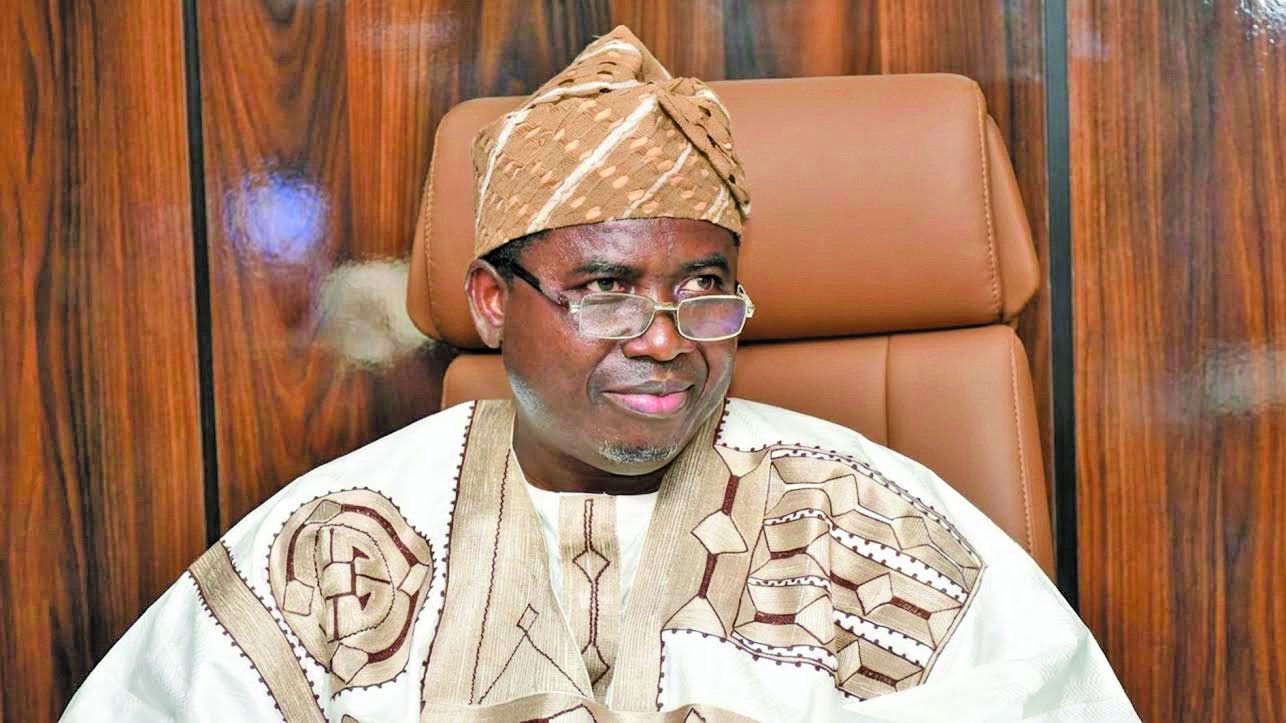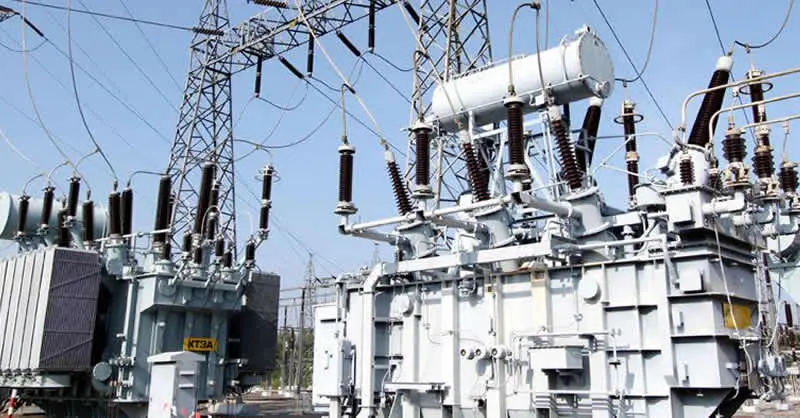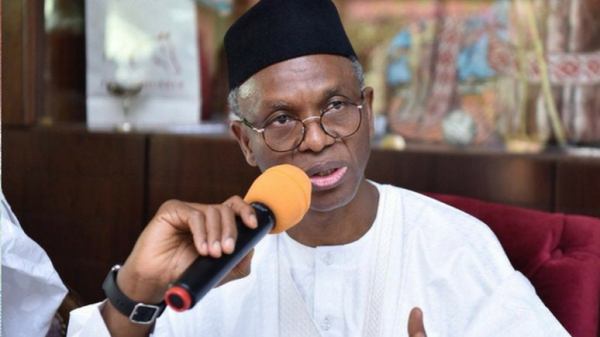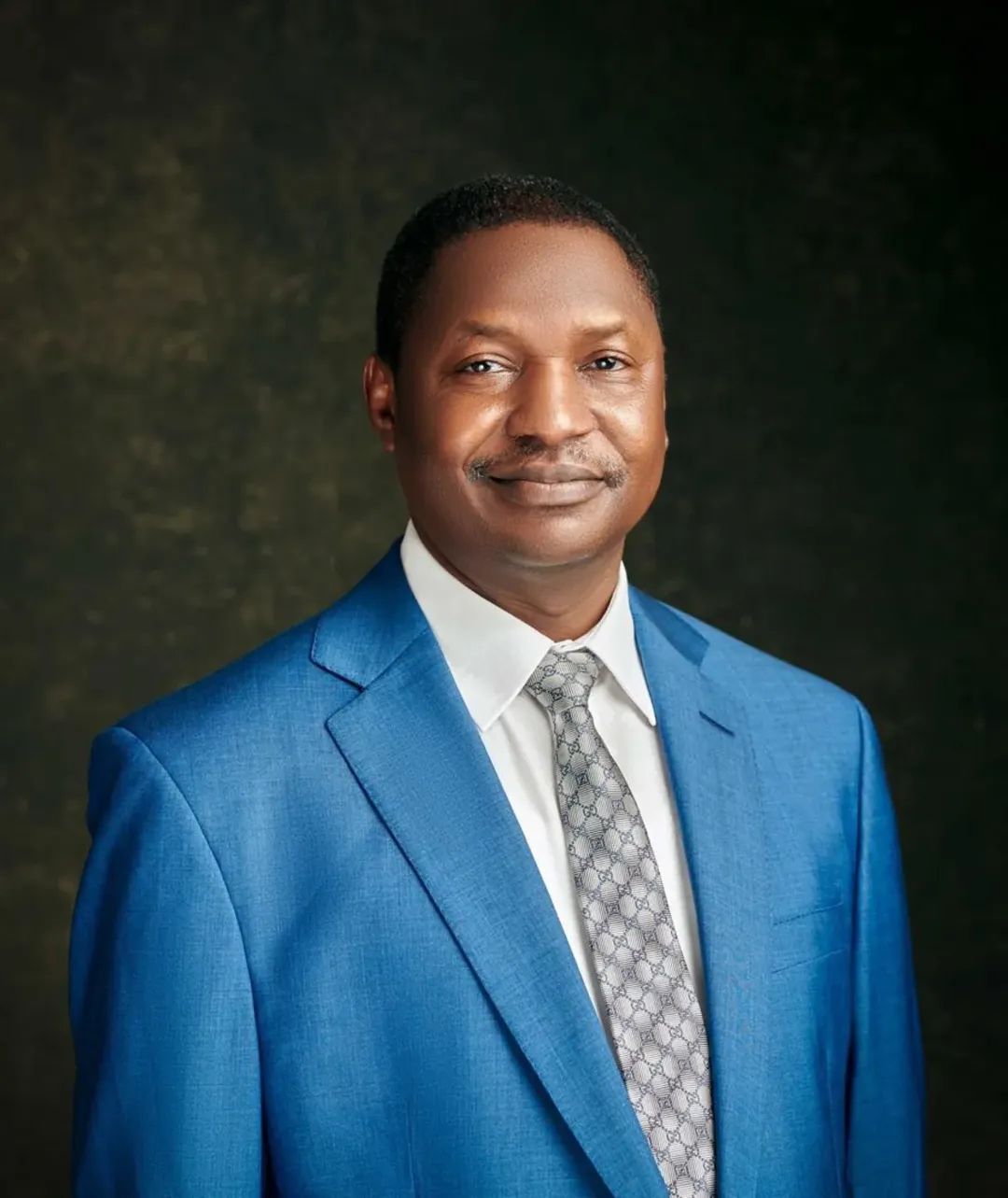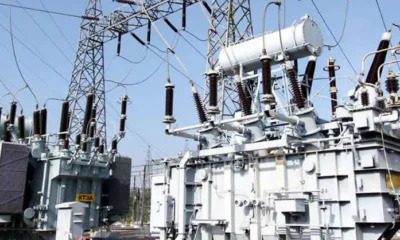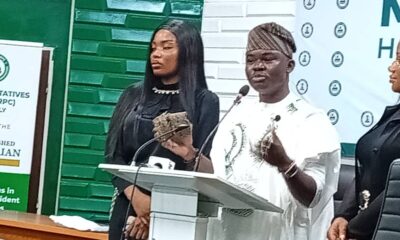National News
150m Nigerians now have electricity access – Minister Adelabu
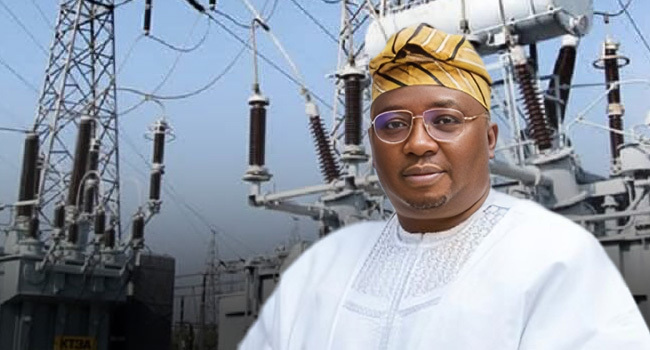
The Minister of Power, Adedayo Adelabu, has disclosed that about 150 million Nigerians now have access to electricity, leaving approximately 80 million without reliable power supply.
He made the revelation on Thursday during the 2025 Ministerial Sectoral Update Conference in Abuja.
Speaking alongside the Minister of Information and National Orientation, Mohammed Malagi, Adelabu attributed the progress to Nigeria’s participation in “Mission 300”, a joint initiative by the World Bank and African Development Bank (AfDB), which seeks to provide electricity to 300 million Africans by 2030.
“The compact sets ambitious goals to enhance electricity access, increase renewable energy adoption, and improve clean cooking solutions for millions of Nigerians — that is Mission 300, and we are making good progress on this,” Adelabu stated.
He noted that Nigeria aims to account for 25% of the targeted population, translating to 75 million Nigerians.
Access vs Reliability
While 150 million people reportedly have access to electricity, Adelabu emphasized that reliability and affordability remain key concerns.
“The real challenge lies in the stability and affordability of electricity. That’s how we measure reliability,” he said.
He cautioned against focusing solely on renewable energy, warning that it may not be sufficient for urban centres and industrial hubs. Instead, he advocated for a stronger national grid to support cities and major businesses.
“We must not neglect the grid. If we do, urban industries will continue to disconnect and generate their own power.”
Generation Boost and Metering Progress
Adelabu revealed that power generation has increased to 6,003 megawatts, a boost of 1,700 megawatts since President Tinubu came into office. He expressed optimism that generation capacity could hit 8,000 megawatts by the end of Tinubu’s first term, with ambitions to eventually reach 23,000 megawatts.
He also assured Nigerians that the metering gap is being addressed and would soon be resolved.
“The metering gap will soon be a thing of history,” he said.
The Kaduna Power Plant is expected to become operational before the end of 2025.
Tariff Reforms Stir Debate
Adelabu discussed the ongoing electricity tariff reforms, noting that the changes have increased government revenue by ₦700 billion. In April 2024, the Nigerian Electricity Regulatory Commission (NERC) hiked tariffs for Band A customers—those receiving 20+ hours of power daily—from ₦68 to ₦225 per kilowatt-hour, affecting about 1.9 million users.
The move was aimed at reducing Nigeria’s electricity subsidy burden, projected at ₦2.9 trillion in 2024. The tariff hike was expected to reduce subsidy obligations by ₦1.14 trillion, yet ₦2.8 trillion was still budgeted for subsidies that year.
However, the increase has faced backlash. The Institute of Chartered Accountants of Nigeria (ICAN) criticized it as an “added burden on citizens,” while the Abuja Chamber of Commerce and Industry warned of adverse impacts on SMEs, citing rising business costs.
Grid Collapse and Alternative Power Sources
Despite generation improvements, Nigeria’s national grid has suffered at least 12 collapses in 2024 alone. The Transmission Company of Nigeria (TCN) attributed the instability to aging infrastructure, vandalism, and irregular gas supply.
Adelabu called for the regionalisation of the national grid to reduce the effects of widespread outages.
With the grid’s unreliability, many Nigerians are resorting to off-grid solutions, including generators, which collectively produce around 40,000 megawatts—eight times the output of the national grid.
Some states are also investing in mini-grids and independent power markets to reduce reliance on central infrastructure.
“Until the national grid becomes truly reliable, Nigerians will continue to seek alternative solutions,” Adelabu concluded.
“Our task is to reverse that trend by fixing the fundamentals.”
-
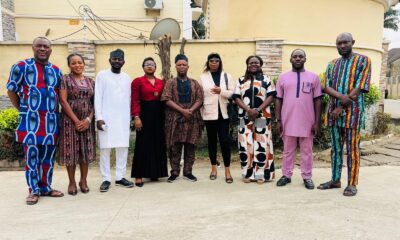
 NUJ FCT1 day ago
NUJ FCT1 day agoNUJ FCT partners Centre LSD on capacity building, mentorship
-

 News1 day ago
News1 day agoUS Lawmakers introduce Bill seeking sanctions against Kwankwaso, Miyetti Allah over alleged religious freedom violations
-

 News1 day ago
News1 day agoTurkish Court jails prominent TV Talent Manager over attempts to overthrow government
-

 News1 day ago
News1 day agoPort Harcourt Ring Road project: Julius Berger delights Gov. Fubara
-

 News1 day ago
News1 day agoAPC Congresses: Ex-APC NWC member warns Yilwatda against handing party structures to Governors
-

 World News1 day ago
World News1 day agoTrump hosts Netanyahu as Iran, Gaza top White House talks
-

 News1 day ago
News1 day agoNSITF dismisses allegations against MD, says claims are false, malicious
-
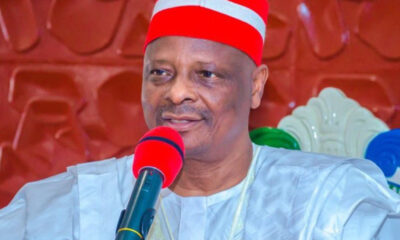
 News11 hours ago
News11 hours agoUS Sanctions Bill: Kwankwassiya, NNPP reject proposed visa ban on Kwankwaso

